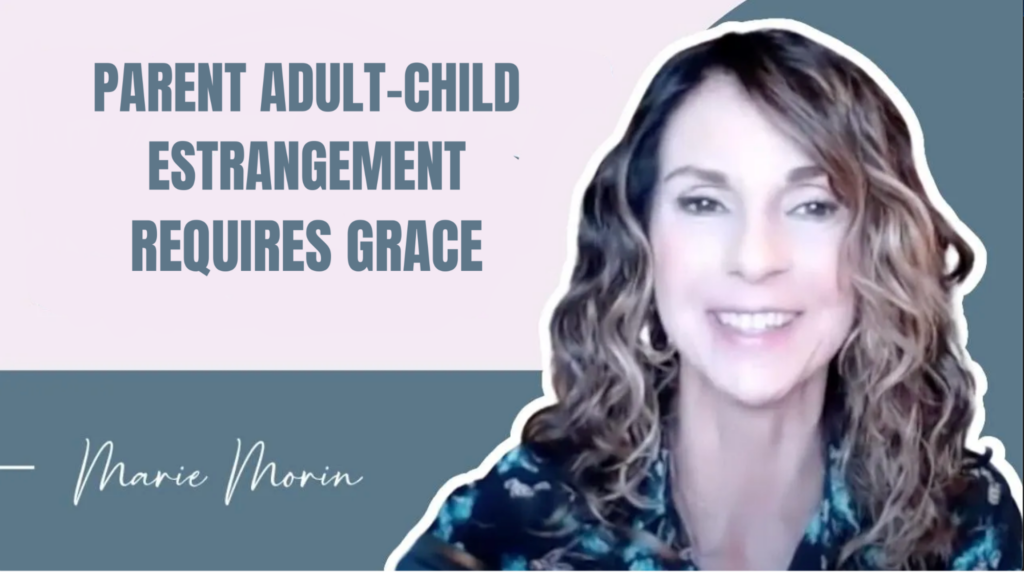Parent-adult child estrangement is a complex and deeply challenging experience. It can be overwhelming, leaving parents with feelings of guilt, shame, and grief. This article offers guidance on navigating this painful journey, emphasizing the importance of self-care, setting boundaries, seeking support, and embracing personal growth. Healing takes time, and being gentle with yourself is essential to find peace and build a brighter future.
Acknowledge and Accept Your Emotions
When facing parent-adult child estrangement, it’s essential to acknowledge and accept the various emotions. Feel sadness, anger, confusion, or even relief without judgment. Remember that these emotions are natural reactions to a challenging situation.
urn:uuid:2a378468-053b-45b9-bba1-4d2472429bf0
Avoid suppressing or invalidating your feelings, as doing so may impede your healing process. Instead, create a safe space where you can honestly explore and express your emotions through journaling, therapy, or confiding in a trusted friend. Remember, your feelings are valid; accepting them is the first step towards self-compassion.
Practice Self-Care
Taking care of your well-being is crucial during parent-adult child estrangement. Nurture yourself physically, emotionally, and mentally by engaging in activities that bring you joy and solace. Prioritize self-care routines that promote relaxation and healing. Create a haven within your daily life filled with self-compassionate practices that rejuvenate your spirit.
Remember, self-care isn’t selfish; it’s a necessary act of self-preservation during challenging times. Prioritize your physical health by getting enough sleep, maintaining a balanced diet, and exercising regularly.
Nourish your emotional well-being by allowing yourself to feel and process your emotions without judgment, seeking support from positive relationships, and engaging in uplifting activities. Practice mindfulness and meditation to cultivate inner peace and self-awareness.
Engage in activities that bring you joy and make you feel alive. Connect with nature to gain perspective and find solace. Remember, by prioritizing self-care, you can replenish your energy, build resilience, and foster self-compassion, ultimately creating a foundation for healing and rebuilding your life.
Set Healthy Boundaries
Establishing healthy boundaries is crucial when dealing with parent-adult child estrangement. Boundaries protect your emotional well-being and maintain a sense of self. Identifying what you’re comfortable with and communicating those boundaries to others is okay.
Limiting or cutting off contact is okay for your healing process. Remember, setting boundaries is not a rejection of love; it’s an essential act of self-protection and self-respect. Surround yourself with individuals who respect your need for space.
Seek Support
Dealing with estrangement can feel isolating but remember that you don’t have to face it alone. Seek support from friends, support groups, therapists, or estrangement specialists who can provide a safe and non-judgmental space to express your emotions and guide you to move forward.
For those who have gone through similar situations, consider professional help navigating complex emotions associated with estrangement. Therapists can provide guidance and assist in developing healthy coping mechanisms.
Embrace Personal Growth
Parent-adult child estrangement can be an opportunity for personal growth and self-discovery. Engage in activities that promote self-improvement, such as reading self-help books and attending workshops. Channel your energy into personal growth, focusing on healing, forgiveness, and rebuilding your life on your terms.
Conclusion
Parent-adult child estrangement is an emotionally challenging experience, but it does not define you or determine your self-worth. You can navigate this journey with gentleness and resilience by practicing self-compassion, prioritizing self-care, setting healthy boundaries, seeking support, and embracing personal growth.
Healing takes time, and every individual’s journey is unique. Always allow yourself to feel and process your emotions, seeking support when needed. Take deliberate steps to care for your well-being and establish boundaries that protect your emotional health. Embrace personal growth opportunities and use this time to rediscover your true self.
And above all, remember that you are not alone. Many others have walked this path before you, and support networks exist to help you through this challenging time. Reach out to trusted friends, join support groups, and consider seeking guidance from therapists or counselors who specialize in family estrangement.
Take each day as it comes and know that the presence or absence of a parent-child relationship does not define your worth as an individual. Focus on your well-being, growth, and happiness. Being gentle with yourself can create a fulfilling life and help you find peace, regardless of the circumstances.

